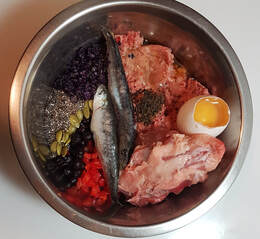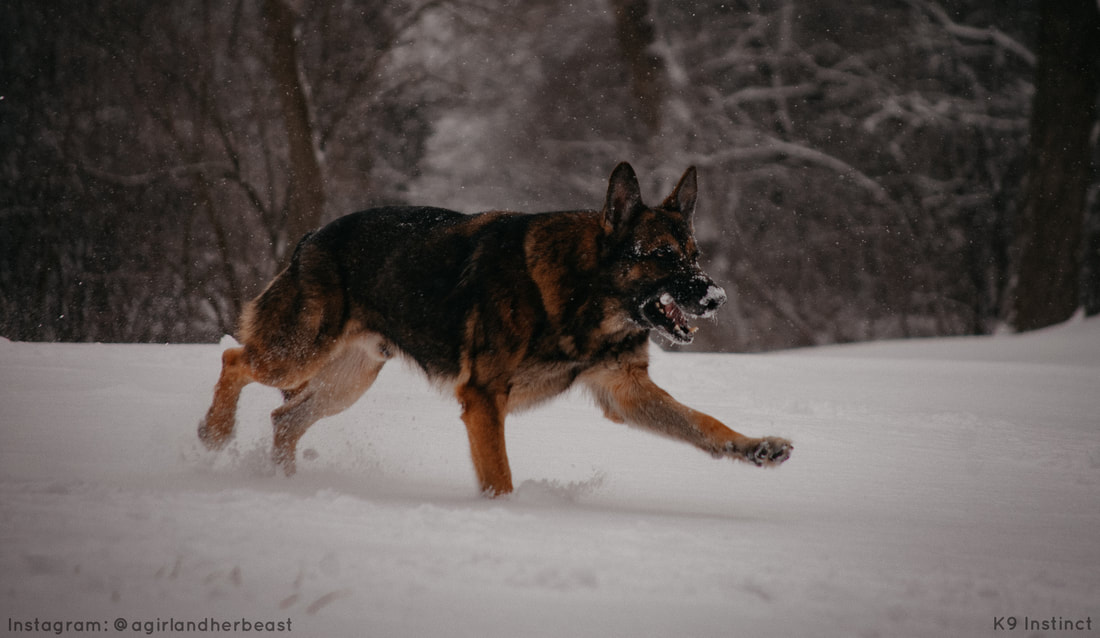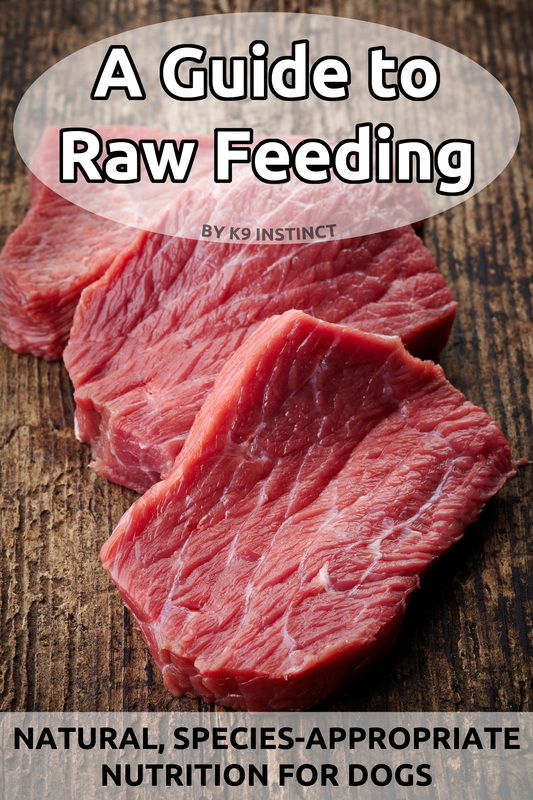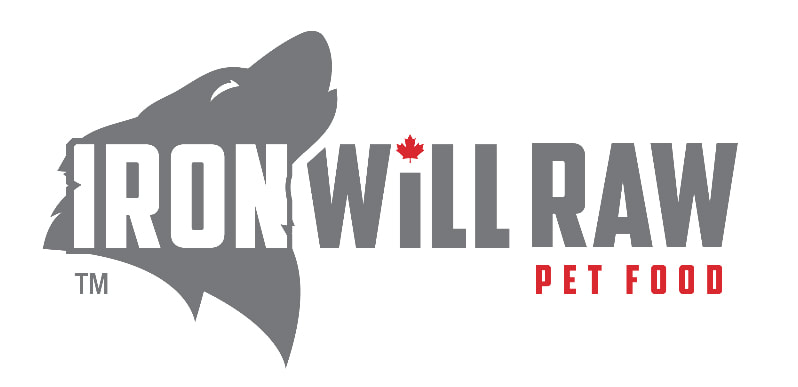WHAT IS FASTING?
Carnivores and omnivores across the planet do not normally eat two or three meals a day. They eat once a day, or once every two days, after they've hunted or scavenged for food. It is also not unusual for animals to hunt for days before they get a good meal. During this period of fasting, animals are either resting (healing the body and regenerating healthy cells) or actively hunting (burning calories, exercising the heart and muscles, stimulating the cells of the body). These natural processes are written into the evolutionary code of many animals. Fasting is a way of life for the majority of mammals.
When an animal fasts, the body doesn't need to expend most of its energy converting food to energy through digestion. The body can then divert its focus towards healing and cell repair. This is exactly why veterinarians recommend fasting your dog for 24 hours when they have digestive upset. Fasting gives the body a chance to calm down and heal.
HOW DO I FAST MY DOG?

A half day fast involves skipping breakfast. So your dog eats dinner the night before, skips breakfast the next morning, and then breaks the fast with dinner. Dinner that night should be a combination of breakfast and dinner in terms of the amount of food daily calorie requirement.
With intermittent fasting, your dog should go 18 hours without eating. It is easiest to have a large portion of their fasting hours occur overnight. You can also feed your dog twice a day as long as they first go the 18 hours of fasting, then break up the meals between the window of time after the 18 hour fast, and before they fast overnight again.
At this point in research and experience in the dog health community, dogs can see plenty of benefits from intermittent fasting once or twice a week.
WHEN NOT TO FAST
Adults and healthy senior dogs are those that benefit from intermittent fasting, but elderly dogs that are experiencing severe decline in their health should not be fasted without approval and close monitoring by your veterinarian.
There are also several disease and conditions that can be aggravated or worsened by fasting (such as diabetes or morbid obesity), so it is extremely important to involve your Veterinarian in your fasting plans so that they can help you determine if your dog is healthy enough for to be successful with it.
SOME RESEARCH BEHIND FASTING
- Google Scholar search on "Intermittent Fasting" containing various studies.
- Alternate Day Calorie Restriction Improves Clinical Findings and Reduces Markers of Oxidative Stress and Inflammation in Overweight Adults with Moderate Asthma
- The effects of intermittent or continuous energy restriction on weight loss and metabolic disease risk markers: a randomised trial in young overweight women
- Intermittent metabolic switching, neuroplasticity and brain health
- Caloric restriction and intermittent fasting: Two potential diets for successful brain aging
- The effects of fasting on infections.
- Opposing Effects of Fasting Metabolism on Tissue Tolerance in Bacterial and Viral Inflammation
- Intermittent Fasting Improves Functional Recovery after Rat Thoracic Contusion Spinal Cord Injury
Interested in more content like this, including new research and news on holistic pet health care? Come join our sister Facebook group: K9 Instinct: Holistic Dog Health Care.
Don't forget to join our awesome, friendly, positive-only Facebook community for dog lovers and pet parents alike: The K9 Connection!




 RSS Feed
RSS Feed
